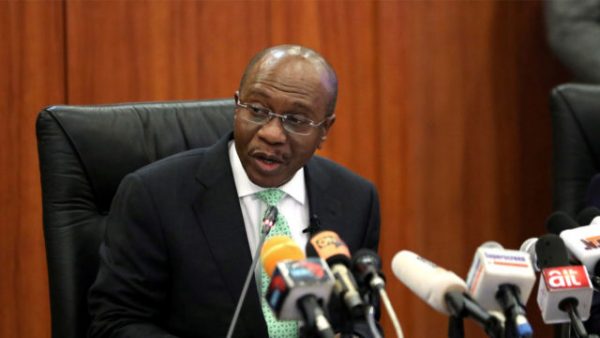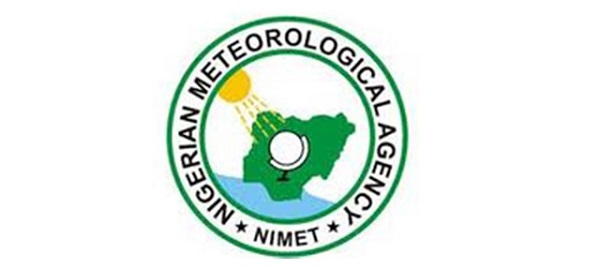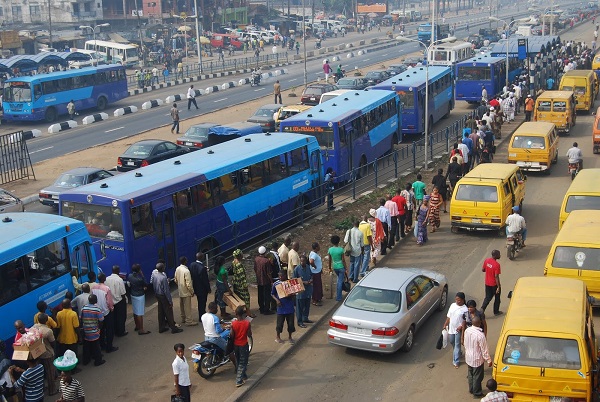ON THE SPOT MANAGER
GIS Policy: Managing Loan Defaulters

Over the years some Nigerians have become comfortable with the strategy of obtaining bank loans without plans to repay them.
Other folks genuinely invested in business ventures that crashed or misdirected the funds to personal and other issues different from the initial purpose of loans. Subsequently, they were unable to repay and started evading the banks. Some opt to open accounts with a different bank while others completely jettison banking as they rely on those belonging to family members.
This problem has made banks more hesitant in giving out loans, even as they demand commensurate collateral that scare genuine borrowers away.
With the issue of loan default becoming a general problem in the Nigerian financial sector, a policy by the Central Bank of Nigeria (CBN) has been introduced that will definitely bring an end to such acts.
CBN through Global Standing Instruction (GSI) has ordered the seizure of loan defaulters’ funds across the banking sector as well as those of their family members.
The GSI is expected to serve as the last resort by a creditor bank, without recourse to the borrower, to recover past due obligations (principal and accrued interests, excluding penal charges) from a defaulting borrower through a direct set-off from deposits/investments held in the borrower’s qualifying bank accounts with Participating Financial Institutions (PFIs).
Accounts that qualify for GSI are individual savings accounts, individual current accounts, individual domiciliary accounts, investment/deposit accounts and electronic wallets, as well as joint accounts.
So, if a customer decide to get a loan from the bank and has money in other accounts, the new policy allows the bank to recover its loan back from the borrower irrespective of the bank used by such defaulter and this will help reduce losses to creditor.
This new policy by the apex bank will help expose loan defaulters with their Bank Verification Number (BVN).
With this policy that allows banks to recover back loans from their borrowers the commercial banks will be more willing to give out loans since there are more avenues to recover the funds from the defaulter’s other bank accounts.
With this new policy scheduled to effect from August 1, 2020, the GSI Transactions can be triggered upon default on repayment, seven days after scheduled repayment date or before application of penal rates.
Meanwhile, before the creditors gives out loans they must ensure that they educate borrowers properly on the GSI mandate and its implications, and enshrine same in their loan application process.
In situation a borrower’s qualifying account is not linked to their BVN is identified, the guideline noted that such BVN shall be watch-listed.






